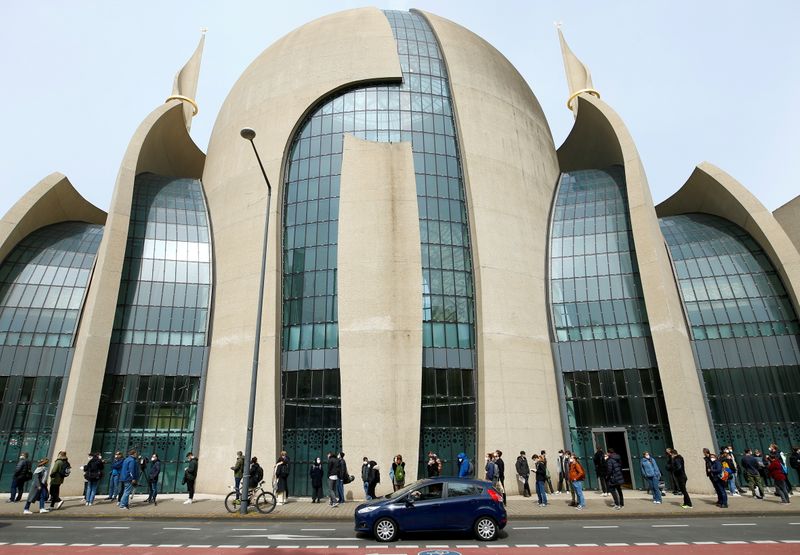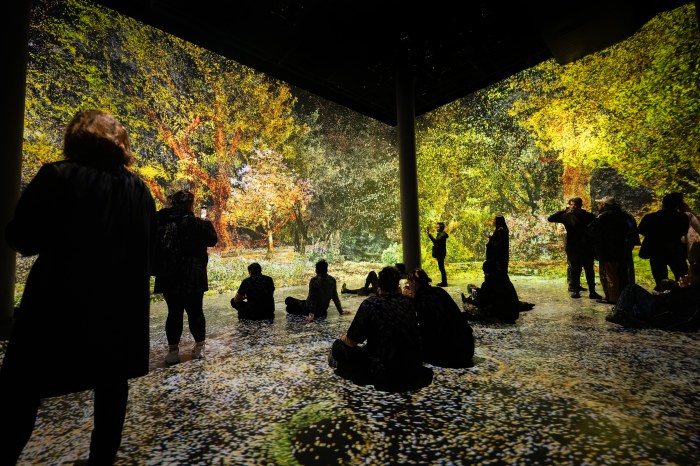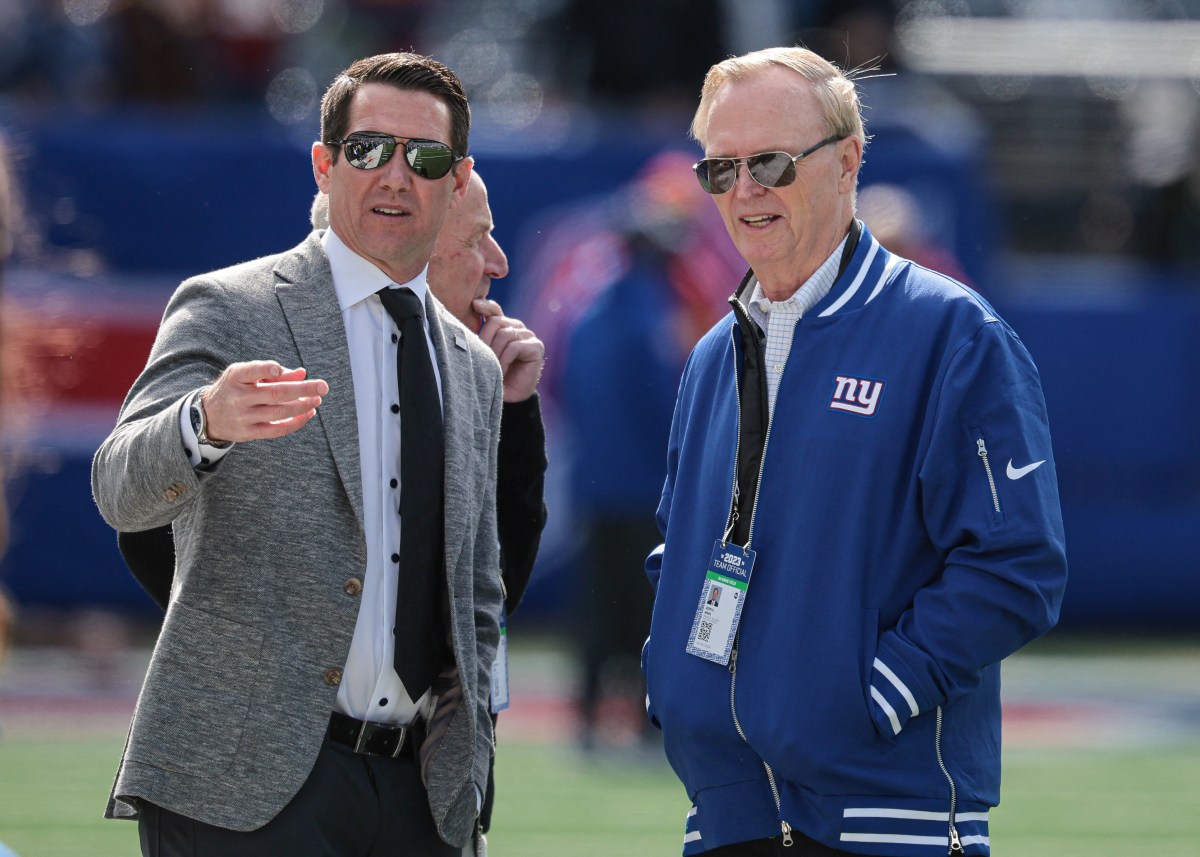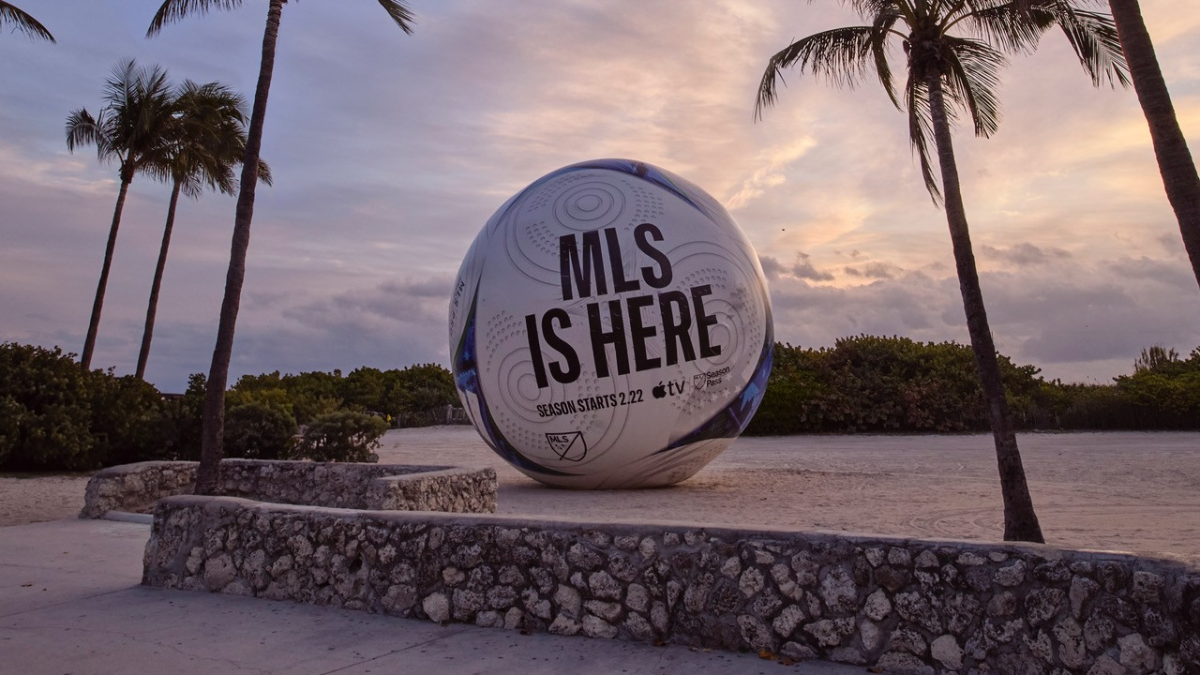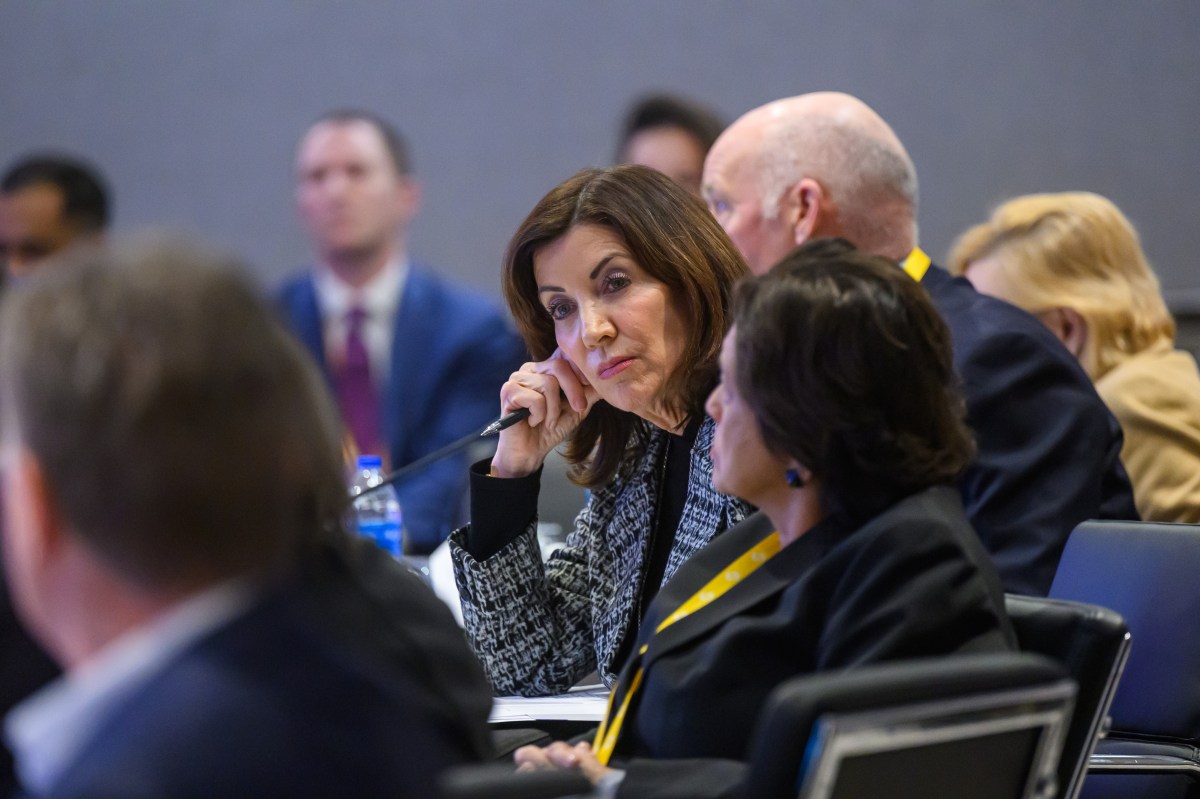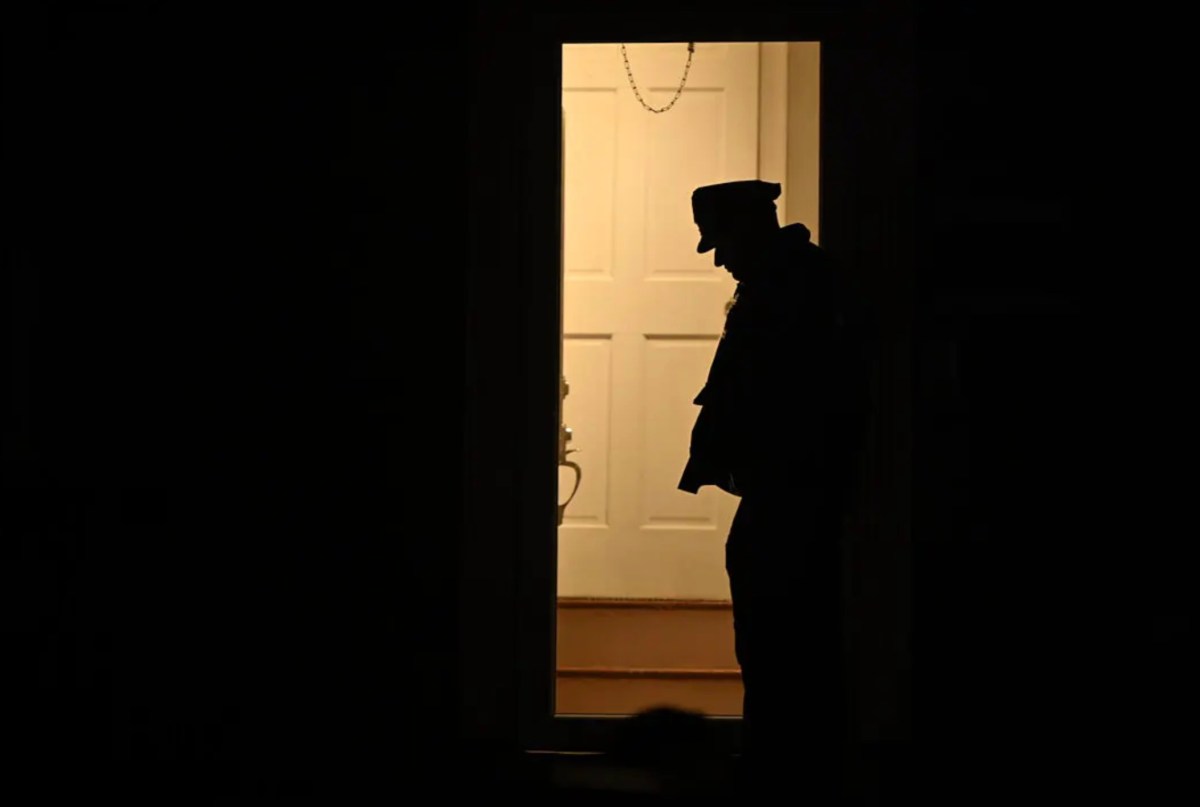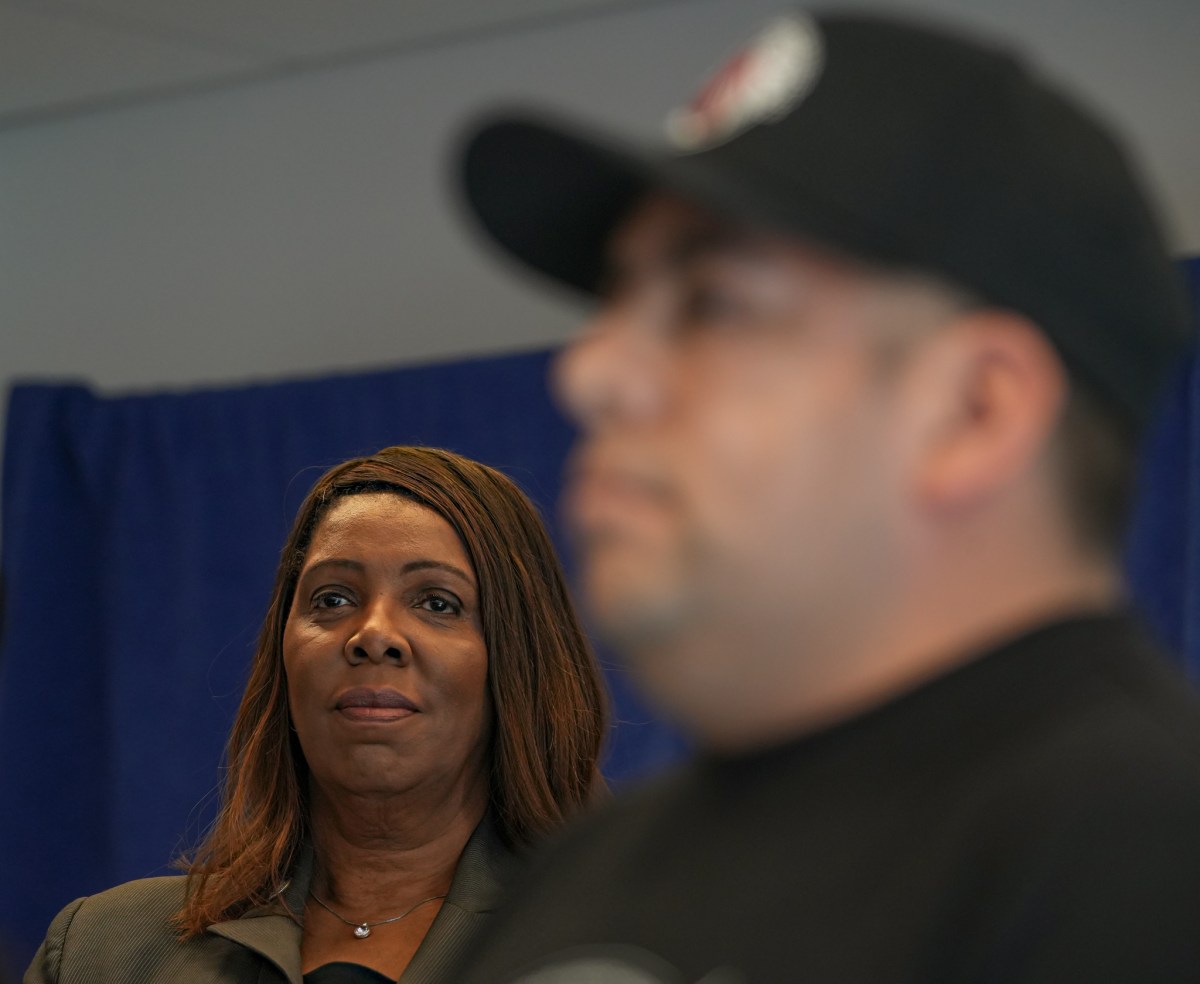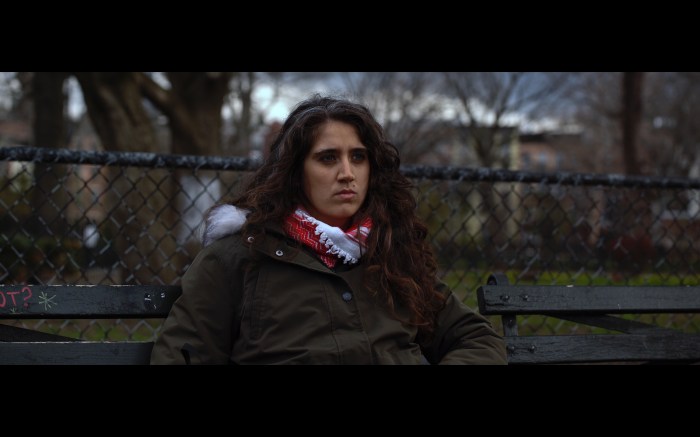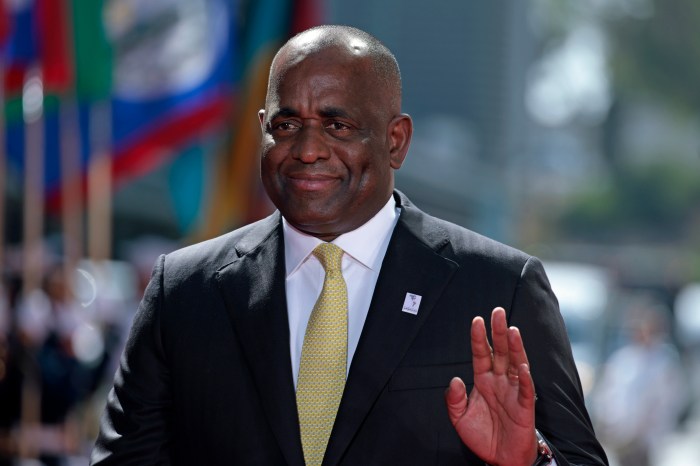BERLIN (Reuters) – Germany’s largest mosque will be permitted to broadcast the call to prayer over loudspeakers on Friday afternoons, after an agreement between the city of Cologne and the Muslim community to ease restrictions, the city said on Monday.
All 35 mosques in Cologne will now be permitted to broadcast the call to prayer for up to five minutes on Fridays between noon and 3 p.m., under a two-year initiative. That includes the Cologne Central Mosque, which was opened in 2018 after becoming a flashpoint for anti-Muslim sentiment from far right parties, particularly following an influx of asylum seekers in 2015-2016.
“Permitting the muezzin call is for me a sign of respect,” Cologne Mayor Henriette Reker wrote on Twitter https://twitter.com/HenrietteReker/status/1446750751913619460?ref_src=twsrc%5Etfw%7Ctwcamp%5Etweetembed%7Ctwterm%5E1446750751913619460%7Ctwgr%5E%7Ctwcon%5Es1_&ref_url=https%3A%2F%2Fwww.bild.de%2Fpolitik%2Finland%2Fpolitik-inland%2Fmuslimischer-gebetsruf-ab-sofort-erlaubt-jetzt-ruft-der-muezzin-ueber-koeln-77926248.bild.html. The call to prayer would join the bells of Cologne’s cathedral – northern Europe’s largest Gothic church – as sounds heard by those arriving at the city’s main train station, she said.
“It shows that diversity is appreciated and lived in Cologne.”
During controversy surrounding the construction of the large mosque, backers made a point of assuring the public that it would not routinely broadcast the call to prayer, or azan, which is heard five times a day in Muslim countries.
The city said mosques seeking to broadcast the call on Friday afternoons would have to comply with limits on the volume of their loudspeakers, and notify neighbours in advance.
Some 4.5 million Muslims live in Germany, the largest religious minority group.
(Reporting by Miranda Murray; Editing by Peter Graff)

